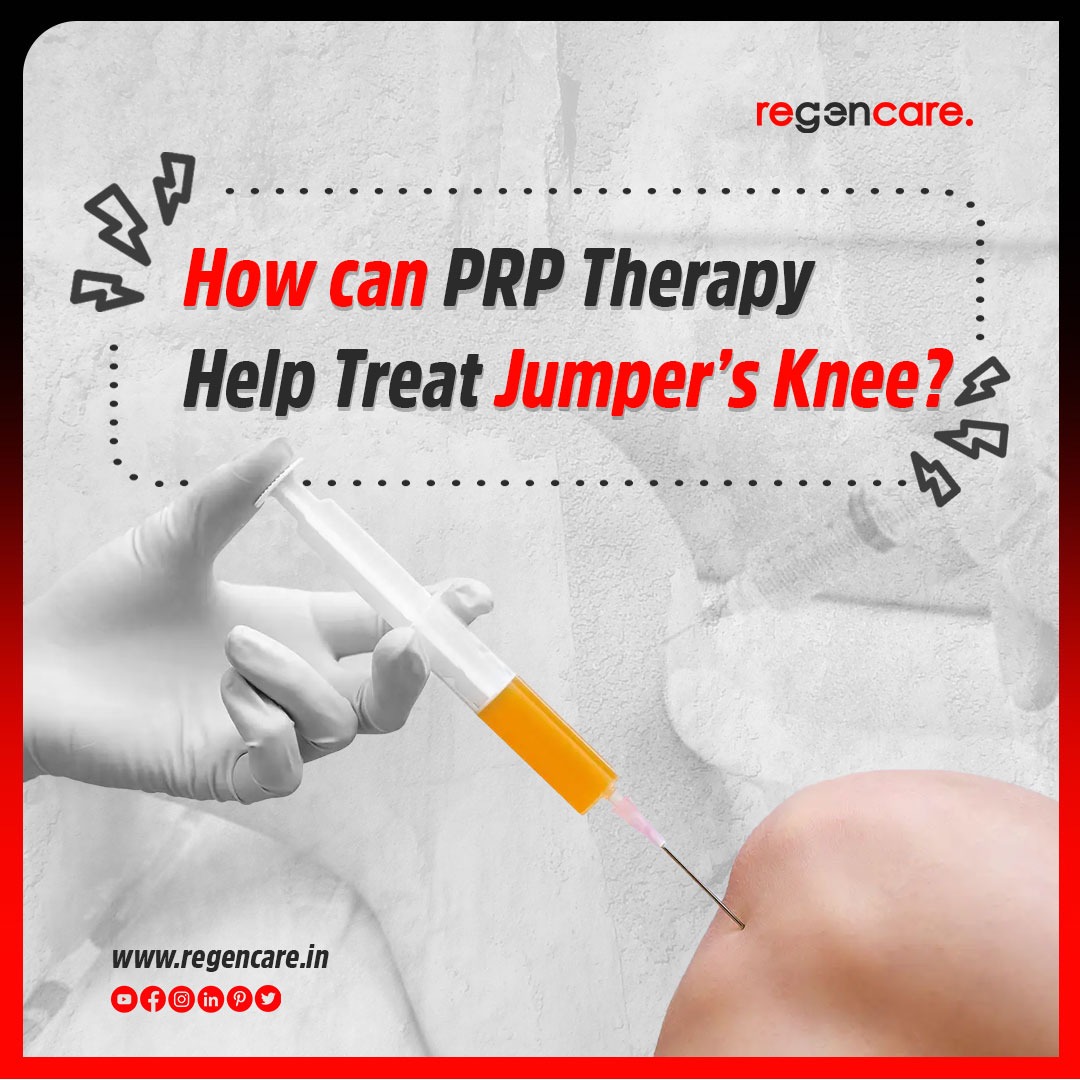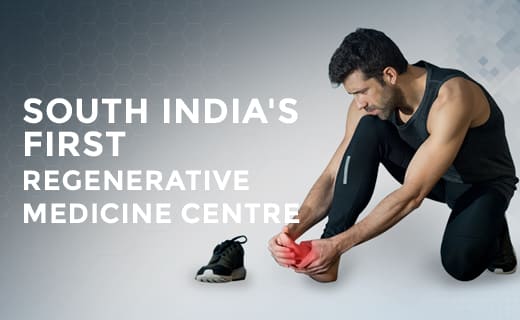
The majority of athletes who experience patellar tendinopathy typically experience anterior knee pain. The condition is known as patellar tendonitis or Jumper's Knee.
What Causes a Jumper's Knee?
The tendon that attaches your kneecap to your shin bone and permits the kicking motion of your lower leg is known as the patellar tendon. An overuse injury known as patellar tendinitis results in inflammation of the tendon. Tears and other harm may result from this inflammation
Studies reveal that athletes who frequently jump, notably volleyball players, are at risk for this injury due to the repeated impact of their feet on hard concrete. This pounding results in tension and, ultimately, tendon inflammation. The main sign of a jumper's knee is pain. Swelling and soreness are other signs.
-
Successful PRP Therapy for Jumper's Knee
Your blood is first drawn, and then it is mixed with an anticoagulant. The centrifuge is then filled with blood vials. Your blood is spun in a centrifuge to separate the platelets from the liquid, resulting in a concentrated serum of platelets.
The plasma or solution is then injected into your soft tissue at the site of the pain or damage using guided ultrasonography. Your body's natural healing process is accelerated with PRP to encourage the formation of new cells and healing.
Jumper's knee has been successfully treated with platelet-rich plasma (PRP), which is able to produce outcomes that are unmatched by other conventional treatments. A significant part of mediating the repair of the damaged knee tissue is played by the concentration of platelets and autologous growth factors present in PRP, which triggers a potent healing response at the site of injury.
How Does it Work?
The alpha granules of platelets contain a variety of growth factors and bioactive substances. During tendon repair, these growth factors and alpha granules can promote cellular migration, proliferation, and matrix deposition. PRP supports the body's innate ability to mend itself.
According to recent studies, patients who receive PRP injections for jumper's knee show statistically significant improvements in pain and function after several injection sessions. Overall, even in challenging cases where conventional treatments have failed, PRP injections have the ability to aid recovery in refractory jumper's knee. For instance, a 22-year-old soccer player had a refractory jumper's knee for three years and had tried both non-operative and surgical treatments without success. Four months after finishing her PRP treatment, she was able to resume her previous level of exercise.
Do you experience jumper's knee? Learn how PRP can provide relief for you. Book your appointment with us. To learn more visit: https://www.regencare.in/










